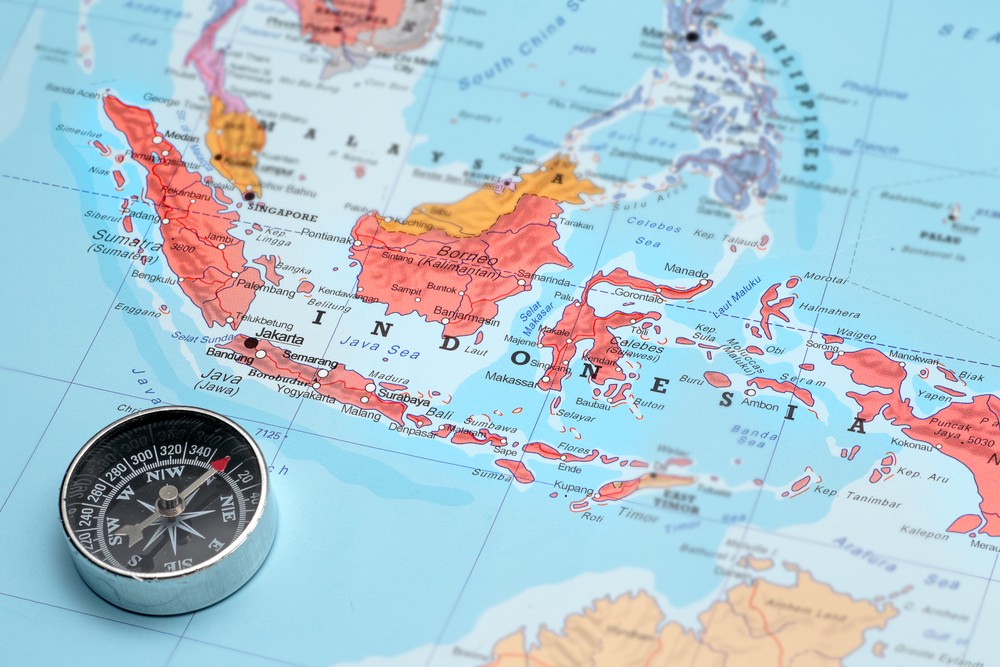Five Indonesian border zones most vulnerable to pest entry: Agency
Barantan is collaborating with the Indonesian Army, Navy and National Police to secure the five vulnerable areas, in accordance with Indonesia’s agriculture vision of becoming a world food storage country by 2045.
Change Size
 Barantan is collaborating with the Indonesian Army, Navy and National Police to secure the vulnerable areas, in accordance with Indonesia’s agriculture vision of becoming a world food storage country by 2045.
(Shutterstock/File)
Barantan is collaborating with the Indonesian Army, Navy and National Police to secure the vulnerable areas, in accordance with Indonesia’s agriculture vision of becoming a world food storage country by 2045.
(Shutterstock/File)
The Agriculture Quarantine Agency (Barantan) held on Monday a four-year performance review at the Botani Square in Bogor, West Java.
At the event, Barantan head Banun Harpini identified the five Indonesian border zones most vulnerable to the entry of various exotic plant and animal pests. They are the coasts of Sumatra, Kalimantan, Sulawesi, East Nusa Tenggara (NTT) and Papua.
Barantan is collaborating with the Indonesian Army, Navy and National Police to secure the areas in accordance with Indonesia’s agriculture vision of becoming a world food storage country by 2045.
Banun said Barantan supported the vision by mitigating, controlling and monitoring entry risks.
Read also: Pretty polly or pests? Dutch in a flap over parakeets
"Natural resources are our modality to becoming a world food barn, so we must protect this natural wealth," she said.
This year, Indonesia has 17.14 million cattle, 34.98 million goats and sheep, 8.2 million pigs and 2.24 million poultry. They are free of quarantine animal pest class 1 such as mad cow disease (BSE) and foot-and-mouth disease (FMD).
According to a research by veterinarian Dr. Tri Satya Putri N Hutabarat, 35.76 tons of meat in Indonesia were contaminated with FMD in 2017. The potential loss of FMD occurrence in meat through illegal trades can reach Rp. 9.38 trillion (US$643.25 million) per year. (iru/kes)









